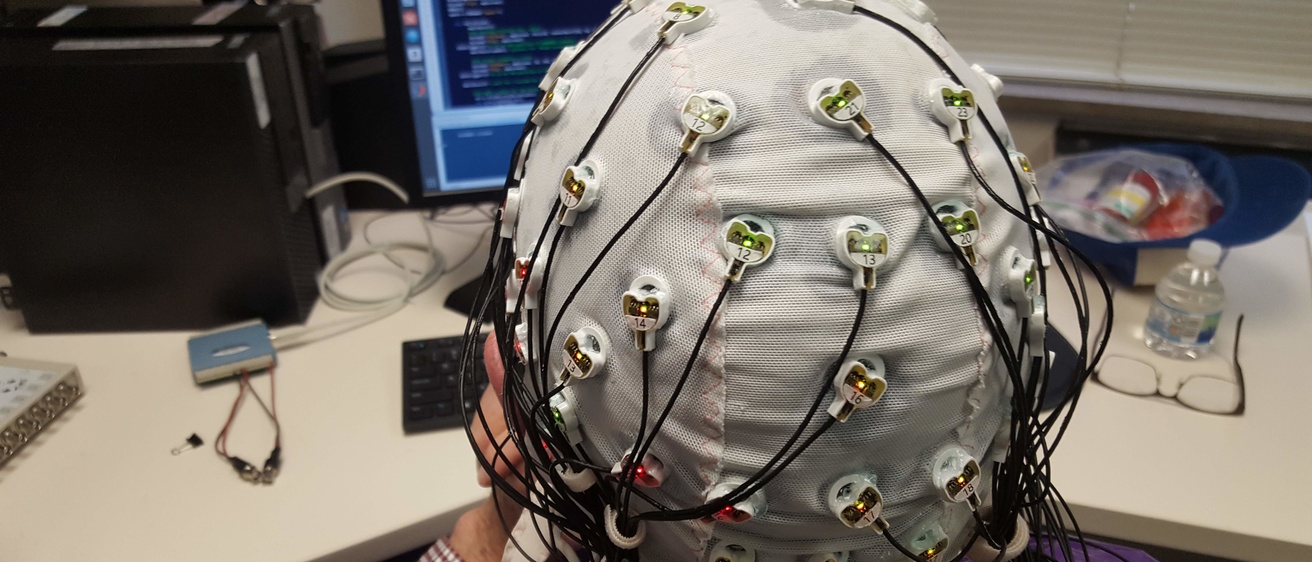A team led by Soura Dasgupta, F. Wendell Miller Distinguished Professor in the Department of Electrical and Computer Engineering and Nandakumar Narayanan, Juanita J. Bartlett Professor in Neurology Research at the University of Iowa has developed a computational approach to diagnosing Parkinson’s Disease by using data from electroencephalogram tests, commonly referred to as EEGs. First piloted on rodents. the diagnosis can come with as little as two minutes of EEG data. Their proposed approach is highly efficient and capable of diagnosing PD in real time.
“Parkinson’s is a debilitating and often devastating disease,” said Dasgupta. “Our ability to diagnose it quickly and reliably through EEG data will undoubtedly help patients and their families.”
The algorithm’s results are 85% accurate, outperforming other existing testing methods and the average clinical diagnostic accuracy. The algorithm is orders of magnitude times faster than other state-of-the-art approaches and shows reliable and robust performance in simulated real time scenarios. The approach may prove very useful in initiating and guiding Adaptive Deep Brain Stimulation that is being studied for combating Parkinson’s symptoms.
“One of the most promising aspects of this algorithm is that it is incredibly efficient,” said Dasgupta. “We believe that it will work well as a real-time application or on cloud-based systems.”
The team included: Md Fahim Anjum, a PhD student in the UI Department of Electrical Engineering;; James Cavanagh, associate professor of psychology at the University of New Mexico; Arun Singh, assistant professor of basic biomedical sciences at the University of South Dakota; and Raghu Mudumbai, UI associate professor of electrical and computer engineering. Dasgupta credited Anjum in particular for developing an innovative protocol for training the algorithm.
The team’s results, published in the paper, “Linear predictive coding distinguishes spectral EEG features of Parkinson's disease” can be found in Parkinsonism & Related Disorders, the flagship clinical journal on Parkinson’s disease. Read the full results here.
